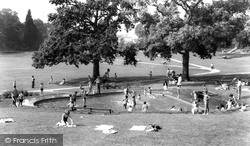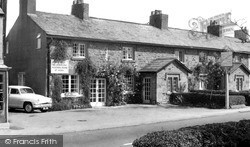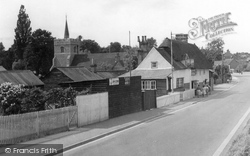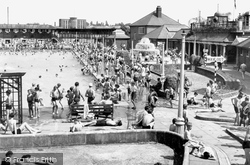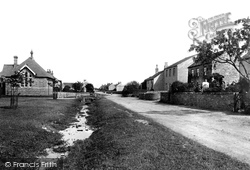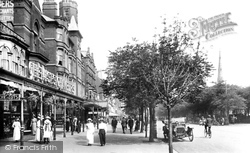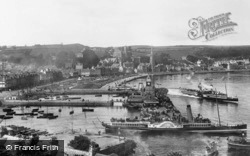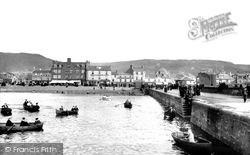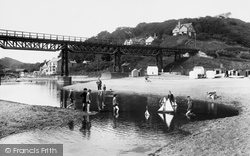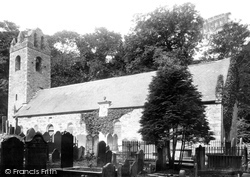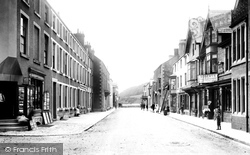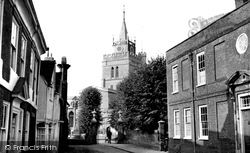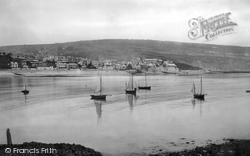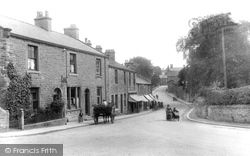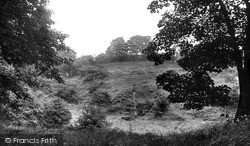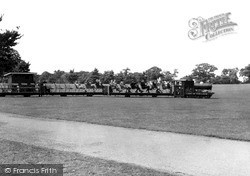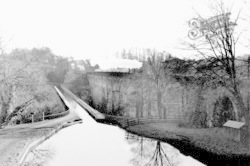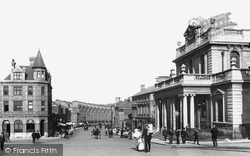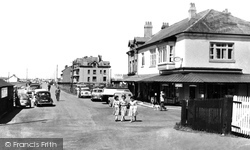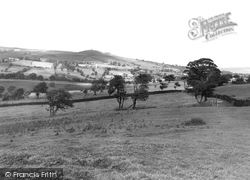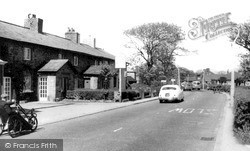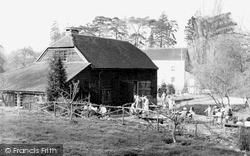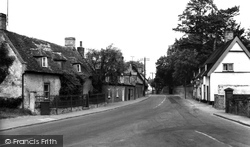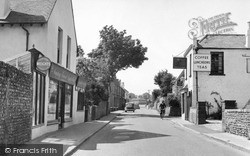Merry Christmas & Happy New Year!
Christmas Deliveries: If you placed an order on or before midday on Friday 19th December for Christmas delivery it was despatched before the Royal Mail or Parcel Force deadline and therefore should be received in time for Christmas. Orders placed after midday on Friday 19th December will be delivered in the New Year.
Please Note: Our offices and factory are now closed until Monday 5th January when we will be pleased to deal with any queries that have arisen during the holiday period.
During the holiday our Gift Cards may still be ordered for any last minute orders and will be sent automatically by email direct to your recipient - see here: Gift Cards
Places
3 places found.
Those places high-lighted have photos. All locations may have maps, books and memories.
Photos
34 photos found. Showing results 801 to 34.
Maps
31 maps found.
Books
16 books found. Showing results 961 to 16.
Memories
392 memories found. Showing results 392 to 392.
Captions
1,162 captions found. Showing results 961 to 984.
This was very popular with young children as they splashed around under the watchful eye of an adult. Tennis was also catered for (and still is) in another area of this extensive park.
Most of these cottages were built at the turn of the 19th century, when stops at Robinson's Tea Rooms were part of the popular wagonette trips.
The Adam & Eve was a popular stopping place for cyclists in the 1920s and 1930s.
It is regrettable that their popularity died as aquatic requirements became more sophisticated; many have disappeared completely, or lie dormant - for instance, the recently-listed Uxbridge Lido, and Ruislip
Today visitors could easily miss Snape on their way to the popular arboretum with its unique collection of trees and shrubs from around the world at nearby Thorpe Perrow.
These had been a popular form of advertising for many years, though Thompson & Capper's sign has been modified at some time so that it can be lit up with electric lights.
Rothesay is in an ideal location in the sheltered 'sweet Rothesay Bay', to quote the popular song. It is the county town on the eastern side of the Island of Bute.
Sheltered by the nearby island of Cumbrae, Largs has long been a popular place for messing about in boats. It was also a good centre for excursions by steamer.
It was a popular place for holidays when this picture was taken, even though the village was disfigured by a ruin of an alum works and an iron bridge carrying the LNER railway line from Whitby to Saltburn
Both before and between the two world wars the Sunday open-air services at Braddan were so popular that the railway used to lay on special trains (see 59172, page 38).
Picture postcards, hugely popular at the time, are for sale on the left - perhaps they included Frith postcards.
In the ground is the modern and immensely popular Roald Dahl Gallery.
Lyme was a favourite resort of the novelist and her family who stayed here during its hey-day as a popular Regency watering place for fashionable Bath society.
These were very popular in the inter-war years with young people, for they were a cheap form of transport.The one nearest the camera seems to have the lady driving and the gentleman in the sidecar.
This photograph shows Witton Gilbert's war memorial in its original position on part of the dene on a popular and well used walk down to a bathing hole where people used to swim, and where parents brought
Nowadays the seating is very different and the coaches have roofs above their open sides, but otherwise this rather unfashionable railway and park are still thriving and immensely popular with the people
Constructed by Telford and Jessop to link the rivers Severn, Dee and Mersey, the Llangollen Canal is one of the most popular waterways in the country.
This has become so popular that you need a licence to pick it.
The village was developed by Mr McDougall of the flour company at the end of the 19th century as part of his estate, and Fairbourne has become a popular destination for holidaymakers from the Midlands
Other towers in the area are Grant's Tower, Peel Tower, Darwen Tower and Hampsfell, mainly popular tributes to Queen Victoria.
New bungalows pronounce the village's popularity as a place to retire or commute from, but the tolls charged by Shard Bridge Company to cross the river were a sore point.
Mrs Horsefield was just as enterprising as her husband; she opened a meat-free restaurant in Haywards Heath, which became very popular.
So popular was it, that the doors were nailed shut to prevent any more people from getting in. But then a fire started, and eighty-two people were burned to death.
The picture shows Sompting General Supply Stores with a sign fixed to the shopfront advertising Players Weights cigarettes, a popular budget brand.
Places (3)
Photos (34)
Memories (392)
Books (16)
Maps (31)


